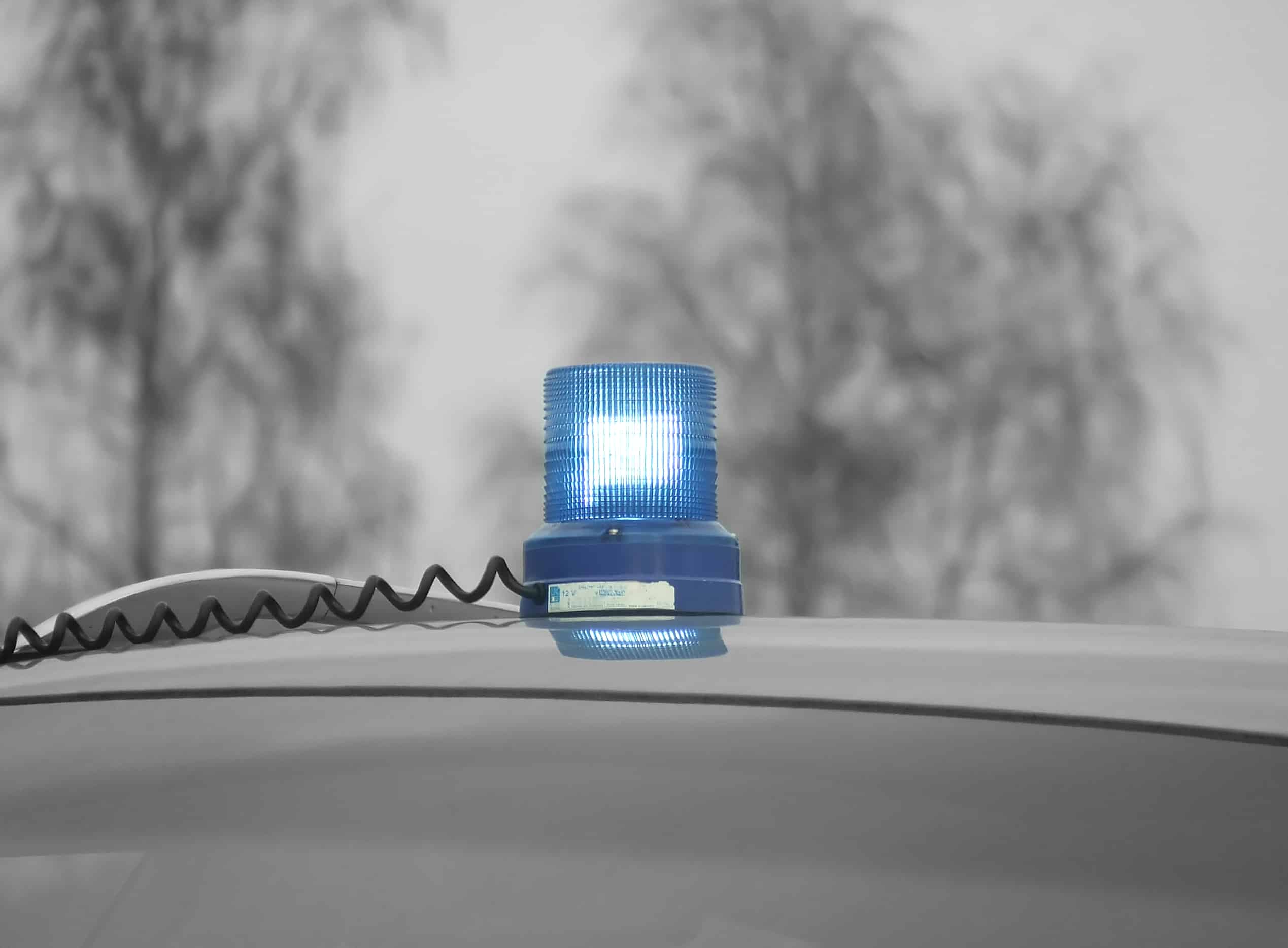Chris Dankovich was awarded the Fielding Dawson Prize in Drama in the 2019 Prison Writing Contest.
Every year, hundreds of imprisoned people from around the country submit poetry, fiction, nonfiction, and dramatic works to PEN America’s Prison Writing Contest, one of the few outlets of free expression for the country’s incarcerated population. On September 18, PEN America will celebrate the winners of this year’s contest with a live reading at the Brooklyn Book Festival, BREAK OUT: A 2019 PEN America Prison Writing Awards Celebration.
A King of Infinite Space
[ACT III, Scene II]
JOHN sits in small, armless chair in sparse holding room. JOHN stands up, pacing. ELIJAH GRAY watches and listens.
JOHN: So I sit here, lay here, stand here, walk around in circles . . . hour after hour, day after day until days and hours and months and years mean nothing to me. I feel at home with the things in this world that do not move. I imagine myself immovable. I am a mountain, immovable, majestic, powerful . . . but the truth is, the hills and valleys and stones and earth are none of that. They are not powerful. Treacherous? Yes. Dangerous? Yes. But powerful? No. Power comes from influence over life, over movement, which the immovable do not do except with fear and shadows to drive those things away from them.
As a young child, I hiked through the mountains. I found pottery from old civilizations smashed on the ground, bones of men and animals strewn about, some like new, some like stone. But there was no difference. It was in that moment that I felt I discovered a secret, a horrible secret of the universe, one that if revealed, it would destroy . . . one that if let out, it would infect and kill. As I stood there, looking at the eternal, the only thing that would always be was nothing. All the striving and all the movement and all the toil adds up to nothing in the end. Our achievements will be forgotten. Our monuments will fall. Our lives will have no more impact on the world than a single one of those stones or bones. Movement is power, but power is nothing. We are nothing in the end.
ELIJAH: We are nothing except when we are alive, but then we die. Were we always nothing if we are nothing in the end?
JOHN: I have seen the best of men cut down while the vilest keep running forward. I have seen innocent women and children cast aside and around like nothing. So what is virtue, what is good, what is valued when everything can merely be cast away? When even the best is destroyed one day?
ELIJAH: So because things can be cast aside, you become one who does the casting. And if nothing exists, then you choose to side with nothing?
JOHN: I choose the side of what is real! I choose to know the truth and not waste my time, any more than it is already wasted in the state of being. To give my heart and soul to that which is nothing . . . to value and hold dear that which is but a specter in the fog on a moonless cloudy night . . . that is what I become.
ELIJAH: You become nothing when you accept what you say is nothing? As opposed to what you are now, a criminal of the world, a warmonger, a destroyer . . .
JOHN: What I am is . . . real. What I am is . . . truth. What I am is purely . . . man. And in my nature, I am a god.
ELIJAH: What about God?
JOHN: A deceiver! A chess-player with us as the pawns. He creates for us a world where the space between holes are infinitely greater than the whole. He is the fire, and our world nothing but moving patterns of smoke and clouds, shapes meaning nothing the moment after they appear, never to appear again.
ELIJAH: What about love?
JOHN: What about it?
ELIJAH: Does love mean nothing?
JOHN: Love is . . . love . . .
JOHN looks nervously around. Ponders.
ELIJAH: Because only someone who has never loved or has lost love so completely could ever say it was nothing.
(continued . . .)

